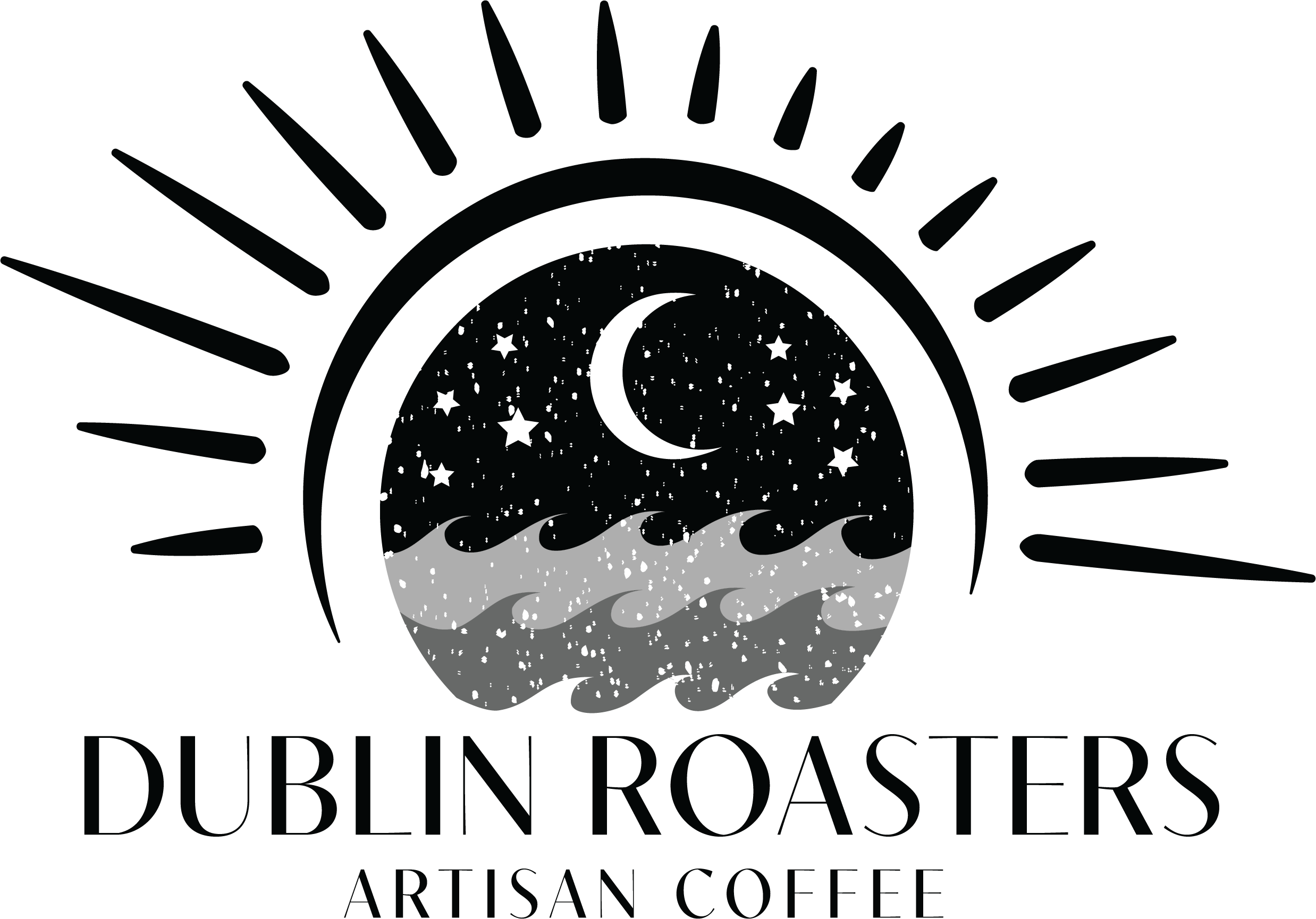
16 Dec Bean Therapy: 4 Ways Coffee Can Boost Mental Health
Can a cup of Colombian Encanto cure a case of the blues? Can a mug of Morning Roar make your mood more mellow? All kidding aside, based on a 2020 worldwide review conducted by Dr. Alan Leviton, a leading neurology research fellow at Harvard University, the answer seems to be “Why, yes…yes it can!”
While there’s currently no substitute for professional counseling for those who are dealing with depression, Dr. Leviton’s research, conducted during the pandemic and supported by many studies since, points to coffee as the newest weapon in the battle for better mental health.
Will Coffee Help Depression?
Drinking coffee, says Dr. Leviton, can reduce depression risk by up to one-third, with the most significant health benefit coming from drinking at least two cups of coffee per day. Dozens of studies have been conducted or are underway, but let’s take a look at some of the highest-profile research:
First, a study of 50,739 women (average age 63 years), part of the Nurses’ Health Study, suggests that women who consume 2-4 cups of caffeinated coffee per day are 15% or 20% less likely to develop depression, compared to those who drank no more than one cup of coffee per week. And secondly, of the more than 10,000 adults who participated in the latest Korean National Health and Nutrition Survey, those who drank at least two cups of coffee daily experienced a 32% lower instance of self-reported depression than people who did not.
How Can Coffee Help Your Mental Health?
At this point, coffee’s positive impact on mental health seems to be related to its more than 1,000 polyphenolic compounds that have anti-inflammatory, anti-oxidative, and microbiome-promoting properties that have beneficial effects on depression, mood, behavior, and cognition.
Let’s look at what appear to be coffee’s most valuable contributions to promoting and sustaining better mental health:
- Coffee fights inflammation: People who have been diagnosed with clinical depression often have higher blood levels of proteins related to inflammation than those who are not depressed. Many are helped by the use of Selective Serotonin Reuptake Inhibitors (SSRIs) like Prozac and Zoloft, which are anti-depressants that lower the blood concentrations of these proteins associated with inflammation. This suggests that SSRIs’ therapeutic effects are due to their ability to combat inflammation. Recent research indicates that coffee contains anti-inflammatory compounds that work the same way as SSRIs to decrease depression.
- Coffee combats oxidation: Oxidation is a normal process that occurs in our bodies that is part of the intricate system that keeps us healthy. However, when there is an imbalance in our bodies between free radicals and antioxidants, we experience a condition called “oxidative stress,” which leads to tissue damage, chronic illness, and depression. Many who are experiencing depression have elevated levels of oxidative-stress indicators in their blood. Coffee is rich in the type of antioxidant compounds that may neutralize these indicators, keeping the body in better balance and relieving depression in some people.
- Caffeine Blocks Mood-Depressing Receptors: One of the most fascinating aspects of the research examining the link between caffeine and its ability to block receptors in the brain from binding with a chemical (adenosine) that causes fatigue and depressed mood. A study by A. Nehlig has produced evidence that the administration of 75 mg of caffeine (the equivalent of one cup of coffee) every four hours resulted in a pattern of sustained improvement of mood throughout a 16-hour period in individuals who were either not fatigued or only moderately fatigued.
- Coffee Promotes Gut Health: Many are familiar with probiotics, the microorganisms that improve gut health. Compounds found in coffee feed these probiotics, producing neurotransmitters and fatty acids that are deficient in people who are depressed. There is mounting evidence that gut microbiota influences the occurrence and severity of depression.
Scientific evidence is mounting that points to coffee as a promising tool we can use to combat depression and cope with depressed mood. There is also a lot to be said about ritual and routine and its positive impact on our mental health. So why not take a few minutes from your hectic day to treat yourself to a delicious cup of coffee in a warm and welcoming environment? It can’t hurt, right?
At Dublin Roasters, we are proud of the ever-changing array of delicious coffees we have to offer every day. We are also proud of the community we have built at our coffee shop, where all are welcome. Come in and see us soon, order up an old favorite or ask us to suggest a new brew, and settle into a comfortable nook where you can recharge your batteries and feel better!


